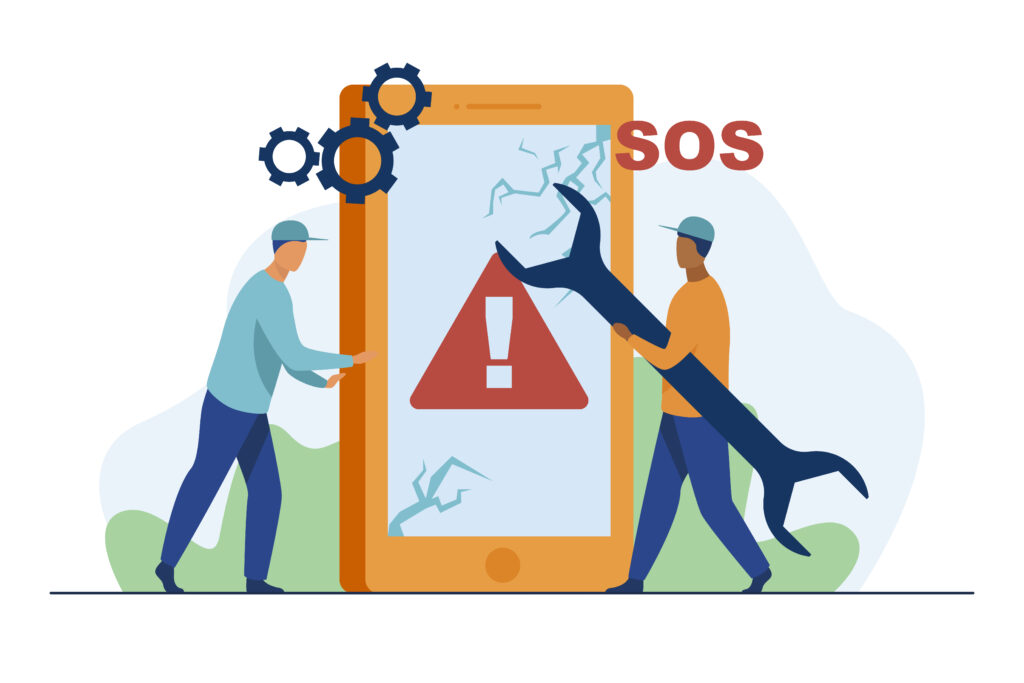In the world of digital marketing, understanding on-page vs off-page SEO and how they differ is essential for improving your website’s visibility in search engine results. Both play a crucial role in a solid SEO strategy, but they target different aspects of website optimization. This comprehensive guide by NeuroClicks will explain what on-page SEO vs off-page SEO means, their techniques, and how to use keyword types and anchor text effectively for higher search rankings.
Table of Contents
- What is On-Page SEO? Understanding On-Page vs Off-Page SEO
- Key On-Page SEO Elements
- What is Off-Page SEO? Comparing On-Page vs Off-Page SEO
- Key Off-Page SEO Techniques
- Keyword Types in SEO
- Anchor Text and Its Importance
- On-Page vs Off-Page SEO: Which is More Important?
- Final Thoughts
What is On-Page SEO? Understanding On-Page vs Off-Page SEO
On-page SEO, also known as on-site SEO, involves optimizing elements within your own website to enhance its visibility in search engine results. These optimizations include content, structure, and code elements you can control. Optimizing on-page vs off-page SEO elements correctly ensures your site ranks well and offers a great user experience.
Key On-Page SEO Elements
- Title Tags
These should contain your target keyword and clearly reflect the content of the page, which is crucial when balancing on-page vs off-page SEO. - Meta Descriptions
They summarize the page for search engine users. Including relevant keywords can help improve your click-through rate and support your overall on-page vs off-page SEO efforts. - Header Tags (H1, H2, H3, etc.)
Headings organize your content for both users and search engines, improving readability and SEO structure, an important part of on-page vs off-page SEO. - URL Structure
Short, descriptive URLs that include keywords improve indexing and user understanding. - Keyword Placement
Use exact match, phrase match, and related keywords organically throughout your content, headings, and metadata, while avoiding keyword stuffing. - Internal Linking
Linking to relevant pages within your site distributes authority and helps users navigate. For example, check out our detailed on-page vs off-page SEO tips at NeuroClicks. - Content Optimization
High-quality, original, and relevant content is a major ranking factor and improves user engagement. - Mobile-Friendliness
Mobile responsiveness is now a confirmed Google ranking factor. - Page Speed Optimization
Pages that load quickly offer a better user experience and can positively impact your search engine rankings. - Image Optimization
Use descriptive alt tags and compressed formats to improve SEO and performance.
What is Off-Page SEO? Comparing On-Page vs Off-Page SEO
Off-page SEO involves efforts made beyond your website to influence its position in search engine rankings. It emphasizes increasing domain authority, credibility, and online visibility through external factors. Successful SEO requires balancing on-page vs off-page SEO to build a strong online presence.
Key Off-Page SEO Techniques
- Backlink Building
Getting quality backlinks from authoritative websites is one of the most powerful off-page SEO strategies and complements your on-page vs off-page SEO efforts. For a deeper dive, check out the Ahrefs Backlink Guide. - Guest Blogging
Writing for other websites in your niche lets you earn backlinks and expand your reach. - Social Media Engagement
Although social signals are not direct ranking factors, sharing content on social platforms helps amplify visibility and can lead to backlinks. - Brand Mentions
Even unlinked brand mentions on trusted sites can help improve your site’s reputation in the eyes of search engines. - Forum Participation and Q&A Platforms
Engaging on platforms like Quora, where users discuss SEO topics, builds authority and referral traffic. - Influencer Outreach
Collaborating with influencers can expand your content’s reach and help earn high-quality backlinks.
Keyword Types in SEO
Using a variety of keyword types ensures your content ranks for a broad set of search queries, which is important in both on-page vs off-page SEO strategies.
- Exact Match Keywords
Match the search query exactly. Example: on-page SEO vs off-page SEO. - Phrase Match Keywords
Include the keyword phrase but may add or change surrounding words. Example: difference between on-page and off-page SEO. - Broad Match Keywords
Cover related concepts or variations. Example: SEO optimization techniques. - Contextually Relevant Keywords (formerly called LSI)
These include terms that are semantically related to your primary keyword. Examples: internal linking, domain authority, content quality. - Brand Keywords
Keywords that include your brand name. For example, on-page SEO tips by NeuroClicks.
Anchor Text and Its Importance
Anchor text is the portion of a hyperlink that users can see and click on. Choosing the right type of anchor text improves both search engine understanding and user navigation, enhancing your on-page vs off-page SEO strategy.
Types of Anchor Text:
- Exact Match: on-page SEO guide
- Partial Match: SEO strategies for ranking
- Branded: Explore more SEO articles on NeuroClicks
- Contextual (Related): improve domain authority
- Generic (Use Sparingly): learn more, visit now
Note: Generic anchor texts like “click here” are less effective for SEO and should be minimized in favor of keyword-rich, relevant text.
On-Page vs Off-Page SEO: Which is More Important?
Both on-page vs off-page SEO are vital for a balanced SEO strategy.
On-page SEO ensures your website is technically sound, user-friendly, and rich in valuable content.
Off-page SEO builds authority, trust, and visibility across the internet.
For example, publishing a well-optimized article on NeuroClicks and then earning a backlink to it from a marketing blog is a great example of using both on-page vs off-page SEO strategies together.
For more insights on SEO strategies, visit Google’s official SEO Starter Guide and check out Moz’s Beginner SEO Guide.
Final Thoughts
Understanding on-page vs off-page SEO helps you build a stronger, more complete approach to search engine optimization. While on-page SEO focuses on improving your site’s structure and content, off-page SEO helps establish your authority and reach beyond your domain.
To succeed in today’s competitive search landscape, use both techniques together—and use keyword types and anchor text wisely to enhance discoverability and relevance.
Want more SEO insights and content strategies? Visit NeuroClicks for expert tips and tools that help you grow your digital presence the smart way.




